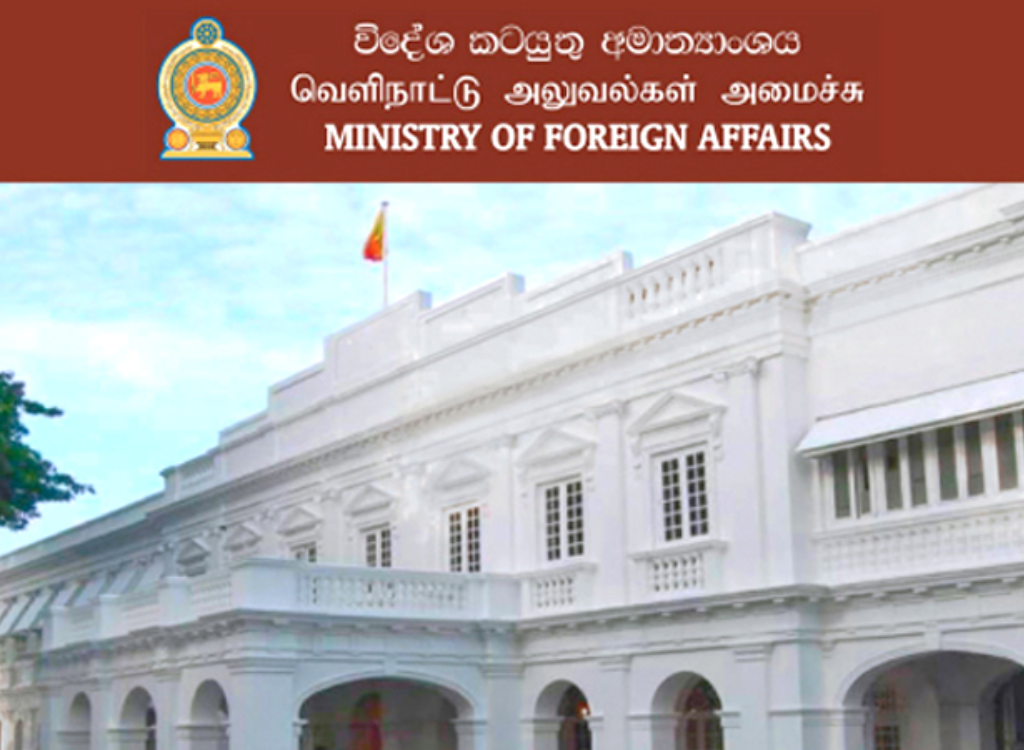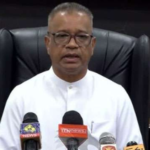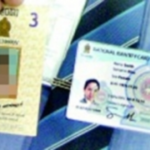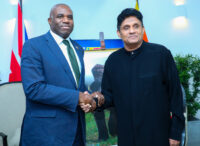The government has introduced a comprehensive set of guidelines aimed at streamlining and ensuring coordinated communication between the state institutions and foreign entities.
Accordingly, the government has issued a circular, effective from January 1, 2025, in order to safeguard national interests and prevent diplomatic complications.
As per the new circular, the Ministry of Foreign Affairs will serve as the lead institution for all international relations while making it compulsory to obtain the President’s pre-approval for all foreign visits by government officials.
The guidelines emphasize strengthening the role of the Ministry of Foreign Affairs, ensuring clarity in communication protocols, and establishing a clear framework for international agreements, foreign financing, and diplomatic protocols.
At the core of the circular lies the assertion that the Ministry of Foreign Affairs will serve as the lead institution for conducting international relations, as outlined in the Vienna Convention on Diplomatic Relations.
Going forward, all communication with foreign governments or international organizations must be coordinated through the Ministry of Foreign Affairs.
The circular also establishes clear communication protocols, stressing that no direct communication with foreign governments should occur without the involvement of the Ministry of Foreign Affairs.
All Provincial Councils and Local Government institutions are strictly prohibited from engaging with foreign missions, both in Sri Lanka and abroad, without Ministry of Foreign Affairs’ approval.
Meanwhile, the circular also noted that the ministries such as Finance or Defence may still engage with foreign entities on specific issues, such as loans or technical matters, but only after prior consultation with the Ministry of Foreign Affairs.
In response to the growing complexities of international travel and participation in diplomatic events, the circular introduces new rules for foreign visits:
- All foreign visits must be pre-approved by the President and coordinated through the MFA to prevent last-minute complications or overlooked diplomatic nuances.
- Senior officials travelling for official purposes must inform the MFA well in advance.
- The Ministry will also coordinate visa requests for these officials, which must be submitted at least four weeks prior to departure.
In addition, the circular stipulates that senior officials travelling for official purposes are entitled to transportation and consular support; however, private visits will not be funded by the Ministry unless explicitly authorized.
The circular also states that costs related to accommodation, travel, or communication services are typically borne by the respective ministry organizing the trip. The circular also includes protocols for emergency contacts by foreign missions and informal communications.
- In the event of an emergency, foreign missions are permitted to contact the relevant ministries directly.
- However, the Ministry of Foreign Affairs must be notified promptly to avoid misunderstandings or the potential for diplomatic fallout.
Similarly, any informal correspondence with foreign missions must be reported to the Ministry of Foreign Affairs, especially if it could evolve into a more significant policy issue.
When meeting foreign ministers, dignitaries, or ambassadors, representatives from the Ministry of Foreign Affairs are mandatory to be invited. If not, a report must be submitted to the Ministry detailing the discussion that took place during the meeting.
The circular further states that senior officials of the Government of Sri Lanka should not attend events hosted by representatives of countries with which Sri Lanka does not have diplomatic relations or recognition. In such cases, inquiries can be directed to the Ministry of Foreign Affairs for clarification.
Before initiating discussions for bilateral, regional, or multilateral agreements or memoranda of understanding with foreign entities, ministries must first notify the Ministry of Foreign Affairs.
Any formal agreements or Memoranda of Understanding (MoUs) must be cleared by the Ministry to assess potential policy or legal implications.
The circular also outlines participation in diplomatic events. It states that the Cabinet will nominate a Minister each month to represent Sri Lanka at the National Day celebrations of foreign countries.
If the nominated Minister is unable to attend, the Ministry of Foreign Affairs must be informed at least two weeks in advance to make alternative arrangements.
(Ada Derana)











Leave a comment